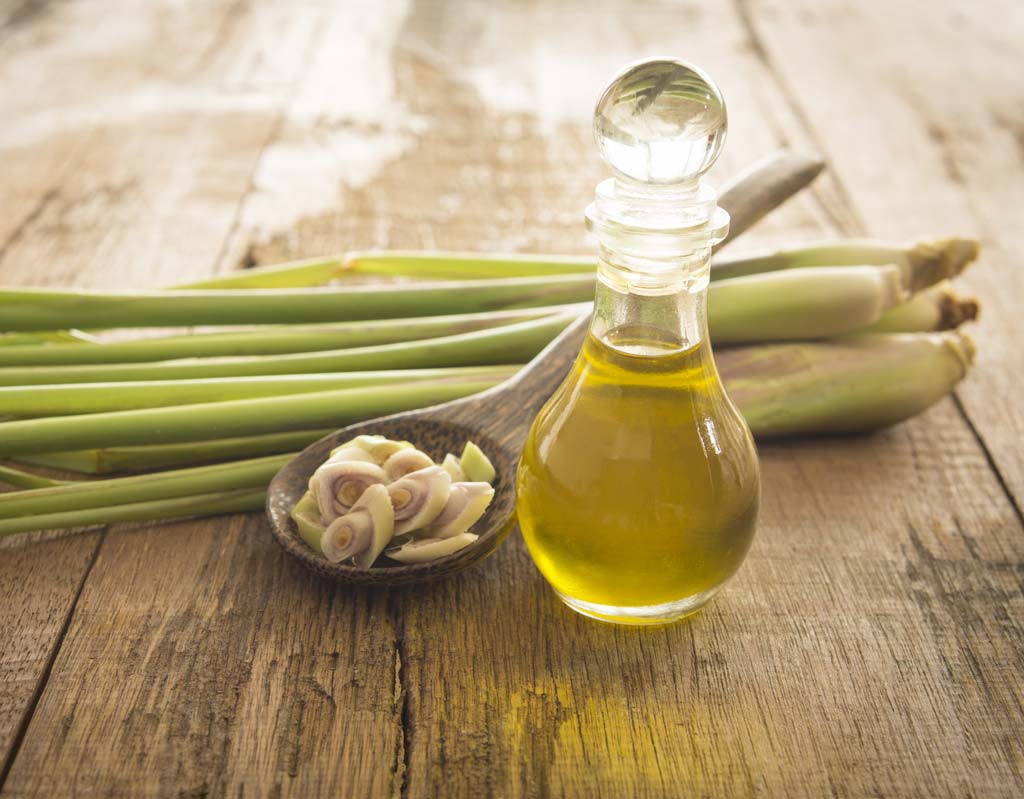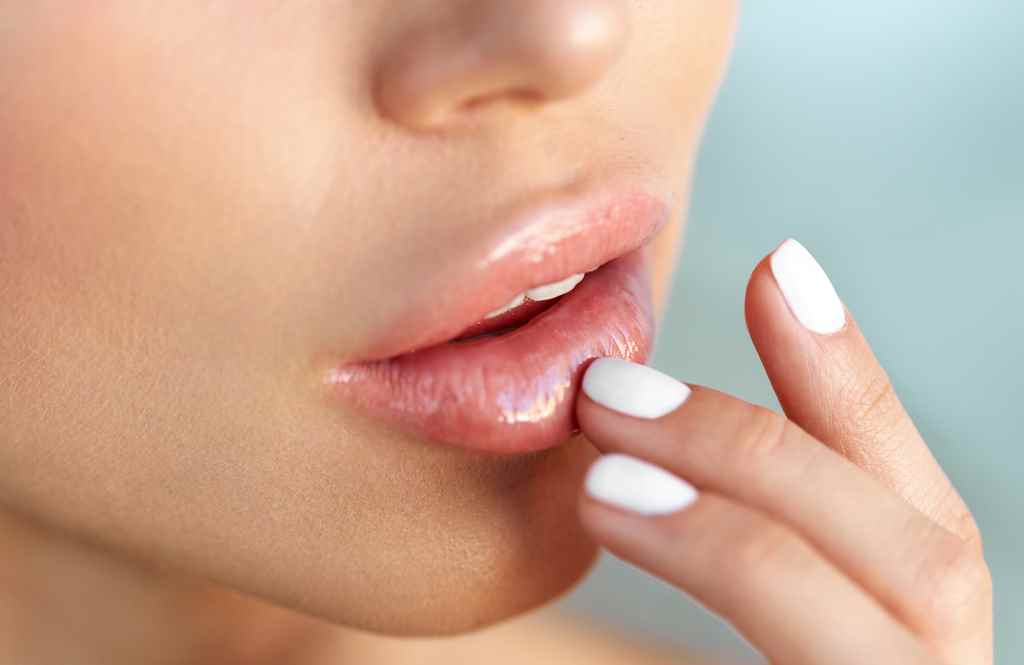What is Lemongrass Oil?
Also known as Cymbopogon, Lemongrass is a herb that belongs to the family of grasses called Poaceae. It is a herb that has a light yet zesty and citrusy aroma with strong earthy undertones. Lemongrass is a fibrous stalk which is packed with antioxidants and holds a lot of healing power within it. Lemongrass oil is the extract from the stalk and the leaves of the herb.
What are the benefits of Lemongrass Essential Oil for Hair?

- Lemongrass oil has antibacterial properties. Thus, it prevents any scalp infection such as dandruff or psoriasis, eczema from occurring.
- Since lemongrass oil deep cleanses the scalp, it removes any accumulation of pollutants or dirt in the hair follicles, thus creating a conducive environment for a healthy scalp.
- Using lemongrass oil on a regular basis strengthens the hair follicles. This reduces hair fall while simultaneously stimulating hair growth as well.
- For those who are suffering from a lice attack, using lemongrass oil on your hair, will help get rid of lice easily.
DIY Lemongrass Oil Recipe
The lemongrass oil that is commercially available is extracted using steam distillation. This makes sure that the essence of the plant is obtaining without removing all the necessary nutrients. You can also extract lemongrass oil at home using this DIY recipe:
Lemongrass is popularly used as a flavouring agent in cooking in Asian cuisine. We recommend adding Anveya's Lemongrass Oil to your skin care and hair care products because of its beauty benefits.
ANVEYA LEMONGRASS OIL, 100% PURE, 15ML
- Use for SKIN CLEANSING & TONING.
- Contains antifungal properties that help relieve SCALP INFECTION & DANDRUFF
- Natural Insect and MOSQUITO REPELLENT
- STRESSBUSTING AROMATHERAPY: one of the most refreshing fragrances
Ingredients
- Dried lemongrass
- Mortar and pestle
- Carrier oil such as sweet almond oil or jojoba oil.
- An airtight container
Method
- Break the stalks of the clean and sun-dried lemongrass and crush it using mortar and pestle.
- Transfer this crushed powder into the airtight jar.
- Heat the carrier oil of your choice to a warm temperature and then add it to the jar with the crushed lemongrass.
- Let this sit at a place exposed to a little sunlight for about three days so that the lemongrass is infused into the oil.
- After three days, strain out the crushed leaves and store the clear oil in a cool place.
Also Read : Jojoba Oil for Hair - Benefits & How to Use
How to Use Lemongrass Oil for Hair?

1. Lemongrass Oil and Apple Cider Vinegar
This concoction works best in the treatment of scalp issues such as dandruff, psoriasis and other fungal infections. It soothes an inflamed and itchy scalp as well.
Ingredients
- 2-3 drops of lemongrass oil
- 1/2 cup apple cider vinegar
- 1 cup distilled water
Method
- Mix all the ingredients well.
- Use this to rinse your hair with. Leave it on for 10 minutes and then wash it off again with plain water.
- Repeat this process twice a week for best results.
2. Lemongrass Oil and Coconut Oil
This oil mixture helps treat hair loss, gives the hair the nourishment that it needs and promotes hair growth as well.
Ingredients
- 1 cup of coconut oil
- 2-4 drops lemongrass oil
Also Read : Coconut Oil for Preventing Hair Loss - How Does it Work
Method
- Mix both the oils together into a homogenous mixture.
- Massage this oil into your scalp and along the lengths of your hair at night before you go to sleep.
- Repeat this process every night or every other night for best results.
Hair Care Tips
If you are suffering from scalp issues such as dandruff or if you simply want to accelerate your hair growth, mix a few drops of lemongrass oil into your usual hair oil and shampoo bottles. Not only is the fragrance amazing but it will also help you with your hair problems.
Also Read : Scalp Acne, A Beauty Topic Seldom Spoken About
Points to Remember
Do not use lemongrass oil in its concentrated and potent form as it may be too harsh on your hair. Always mix it in with a carrier oil such as jojoba oil or sweet almond oil.
Disclaimer: All the content on anveya.com/blogs is solely for information. It is not intended to be a substitute for professional medical advice, diagnosis or treatment. Always seek the advice of your physician or a qualified health care provider. The information, suggestion or remedies mentioned on this site are provided without warranty of any kind, whether express or implied.




